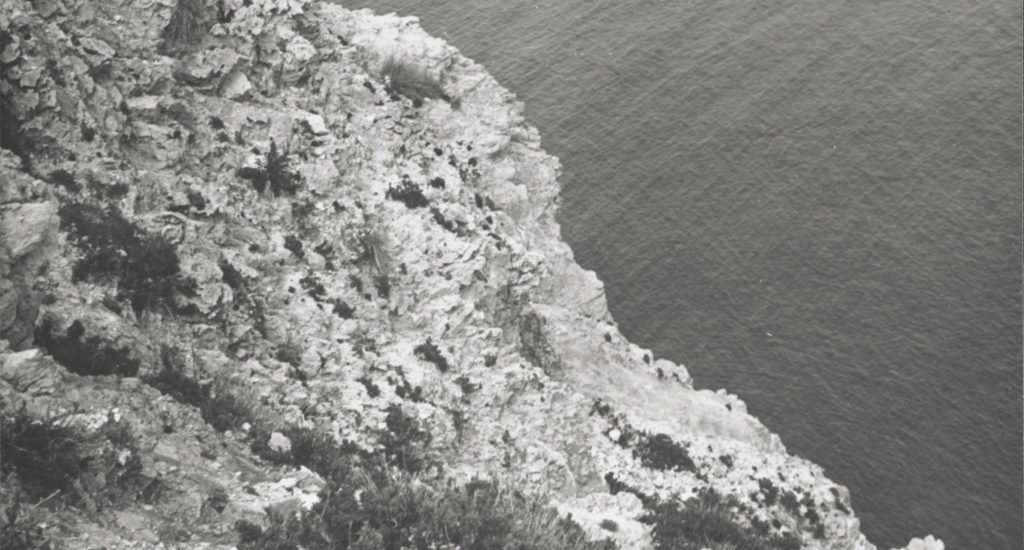
A poet in dialect since the 1940s (a gift he discovered during his imprisonment in Germany), Guerra began to write for the cinema at the start of the following decade, when he moved from his native Romagna to Rome. His successful encounter with cinema by no means eclipsed his original interest in poetry and fiction. He emerged in post-war culture as a versatile and gifted author, capable of engaging both with the introspective work of a writer and the typically cooperative work of cinema.
In the latter, his extraordinarily prolific and enduring collaboration with Michelangelo Antonioni is notable. They met in Rome in the late 1950s, when Guerra had just completed his first cinematographic experience by working for Giuseppe De Santis and Aglauco Casadio. From then on, he contributed to almost all the works directed by Antonioni, including the masterpieces of the tetralogy and those of the international period such as Blow Up (1966) and Zabriskie Point (1970), as well as the courageous and troubled achievements of old age such as Identificazione di una donna (Identification of a Woman, 1982), Al di là delle nuvole (Beyond the Clouds, 1995) and the episode in the anthological film Eros (2004).
When a screenplay has multiple authors, it is extremely difficult to identify the contribution of each one to the final script for the film. Not even a significant writer like Tonino Guerra has entirely escaped this and the materials in the archive give us only passing glimpses of the real nature of his forty-year partnership with Antonioni. However, some fragments in which the director expressed his impressions of his long-standing creative partner may well prove interesting. In this respect, see the comparison that the director makes between Guerra and Elio Bartolini, another screenwriter who was crucial to his work. He contrasts Guerra’s true personality as one who finds “far more things exciting than those that are not” with Bartolini’s less “exuberant” character and his “precise, limited, but violent interests” (8D/1, c. 35). Or again, see another note in which Antonioni, with affectionate irony, wonders how the “vital […], sanguine almost savage energy” of the man and the solitary and severe energy of the poet manage to coexist in Tonino Guerra (8C/7, fasc. 57A).
Back to focus